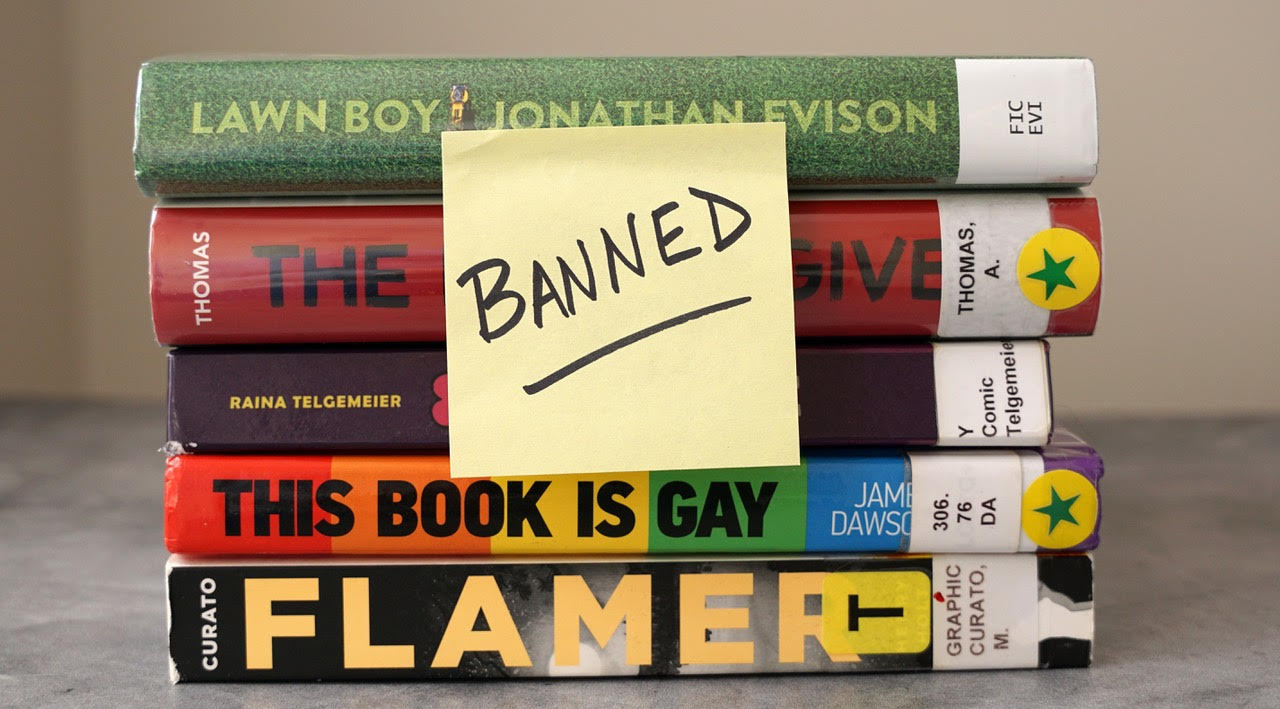Craig J. DeLuz | Special to California Black Media Partners
In the ongoing debates about book bans in American schools, there is one narrative that dominates the discussion: those who oppose certain materials in school libraries are merely “book banners,” seeking to censor and limit the free exchange of ideas.
However, a controversy last year that unfolded at a Miami public school reveals a more nuanced narrative.
Reports about the incident, which attracted international attention, suggested that the K-8 school banned Amanda Gorman’s celebrated poem that she recited at President Biden’s inauguration. In reality, the school in question opted to relocate Gorman’s masterful work from the elementary section of its library to the middle school division. This measure was not taken with the intent to censor the piece, but rather as a strategic choice to align the poem with the appropriate age group.
In a similar vein, the head of the United Federation of Teachers, Randi Weingarten, wasted no time in voicing her outrage over the termination of a Texas educator who chose to read Anne Frank’s iconic memoir to her students. Taking to the popular social media platform X, Weingarten declared, “The blatant dismissal of a teacher for exposing her students to The Diary of Anne Frank speaks volumes on its own!”
However, it is essential to clarify that the book, “Anne Frank’s Diary,” is not the original work that has touched the hearts of millions. Instead, it’s an adaptation that emphasizes sexual passages. It was not, as many have claimed, a “censored” version of Anne Frank’s story, but one that deliberately highlights the most salacious and explicit elements. The educator tasked her eighth-grade pupils with reciting and debating a sexually suggestive excerpt from the adaptation, where Anne inquires if her friend would be willing to expose their breasts to one another and expresses a strong longing for a kiss. Unbeknownst to many, this incident, branded as a potentially oppressive, stemmed from concerned parents’ reaction to the educator’s focus on erotic themes within the beloved Anne Frank story.
It’s unsurprising that parents objected to its inclusion in their children’s school libraries, alarmed by the presence of explicit material in such a sacred and esteemed work.
However, instead of addressing these valid concerns, the education establishment and media paint these parents as narrow-minded and bigoted. They have been accused of attempting to ban a book that is considered a literary staple and a symbol of resistance against oppression. Yet, the truth is that the majority of these objections were not about race or LGBTQ identity, as it has often been portrayed. In fact, only a mere 7% of these objections mentioned LGBTQ without also including the word “sexual.” And of the 10 books that were the most frequently omitted, all of them included shockingly risqué references to sexual encounters. For example, the top-voted book “Gender Queer” showcases a graphic illustrations of sex acts being performed and includes a lewd section of text.
Then there is Toni Morrison’s The Bluest Eye, published in 1970; a tale chronicling the journey of a young Black girl grappling with feelings of inadequacy due to her lack of blue eyes. While critically acclaimed for its commentary on race and racial identity, this novel also delves into themes of pedophilia, rape, and even incest. It’s this content (not its racial commentary that led to frequent calls for censorship and its banning from classrooms in numerous school districts across the United States.
These examples highlight the deceptive tactics used by those who seek to paint concerned parents as intolerant and hateful.
However, the heart of these book bans lies in the moral disconnect between the majority of Americans and the education establishment. While most Americans believe that sexually explicit material has no place in school libraries, the education establishment continues to champion the idea that it is necessary and even “inclusive” to expose children to explicit images and descriptions of sexual acts.
It is not about censorship or restricting the free exchange of ideas, as some suggest. Rather, it’s about safeguarding the innocence and well-being of our children. It is about standing up against the normalization of sexually explicit material in places where children should feel safe and protected. Ultimately, it is about upholding societal values and principles.
In the ongoing debates about book bans, we must not allow ourselves to be swayed by misleading narratives and manipulative language. Honest and open discussions are crucial to understanding what truly hangs in the balance of our society’s moral compass and the well-being of our children. Anything less would be a disservice to future generations.







